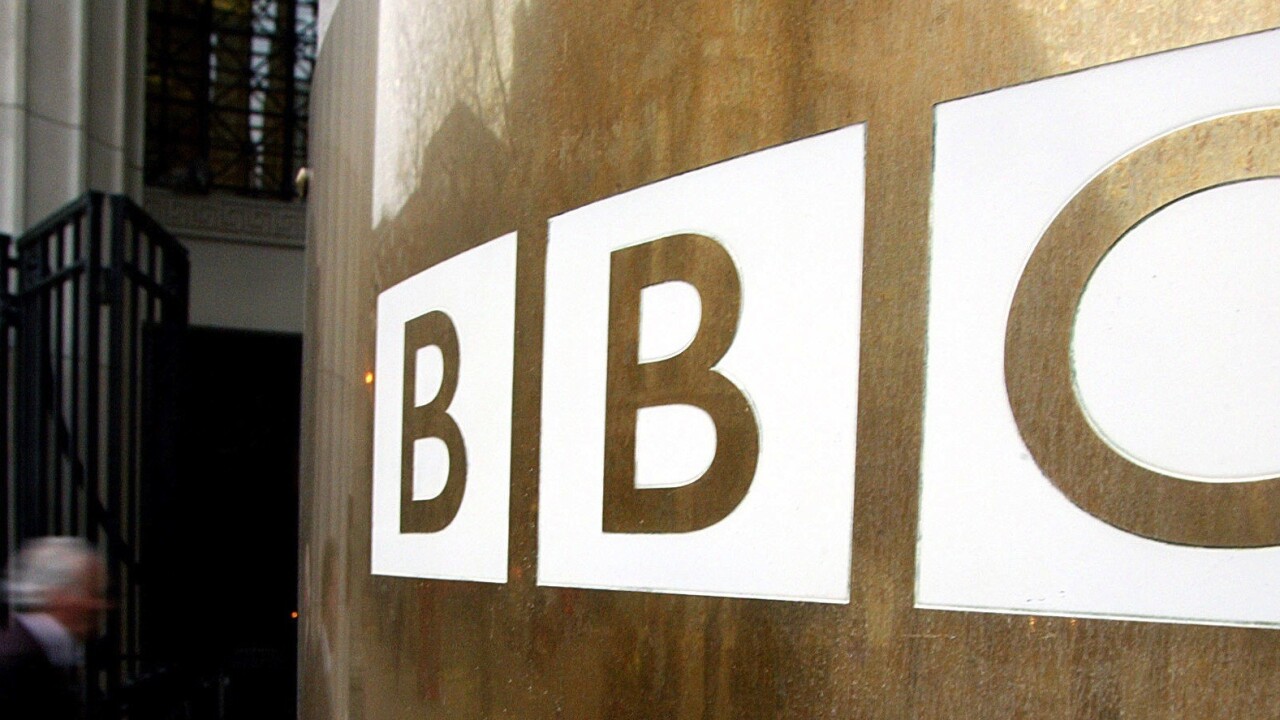
The BBC has decided to abandon its Digital Media Initiative, after spending £98.4 million (roughly $148 million USD) to try to create a more integrated and digital workflow for its employees.
The decision follows an operational review of the project, launched in October last year, which found that the project was failing to achieve its current targets.
Tony Hall, Director-General for the BBC, said the Digital Media Initiative had wasted “a huge amount of Licence Fee payers money.”
“I saw no reason to allow that to continue which is why I have closed it,” he said. “I have serious concerns about how we managed this project and the review that has been set up is designed to find out what went wrong and what lessons can be learned.
“Ambitious technology projects like this always carry a risk of failure, it does not mean we should not attempt them but we have a responsibility to keep them under much greater control than we did here.”
What went wrong?
The project was set up in 2008 to bring the BBC up to speed with modern technology and television production processes. The original work was contracted out to Siemens and would help move the BBC to an all-digital, tapeless system.
The estimated cost was £81.7 million, although the BBC suggested it would save them roughly £18 million overall. The BBC terminated its contract with Siemens in 2009 following rising costs and was later criticized by the National Audit Office for the way that it handled the project.
The Digital Media Initiative was then used to develop a new system called Fabric, which would give employees access to archived BBC footage through a “seamless digital chain.”
The project will live on
An email sent out by Hall to BBC employees, obtained by The Drum, sheds further light on what went wrong.
“It’s struggled to keep pace with new developments and requirements both within the BBC and the wider broadcasting industry,” he said. “There are now standard off-the-shelf products that provide the kind of digital production tools that simply didn’t exist five years ago.”
Hall added that the BBC’s need to produce content digitally “hasn’t gone away” and that the Fabric database would continue to be used throughout the company. “However, we will stop developing our own in-house production tools, and instead use the industry-standard production systems that are now available,” he said.
Image Credit: NICOLAS ASFOURI/AFP/GettyImages
Get the TNW newsletter
Get the most important tech news in your inbox each week.




